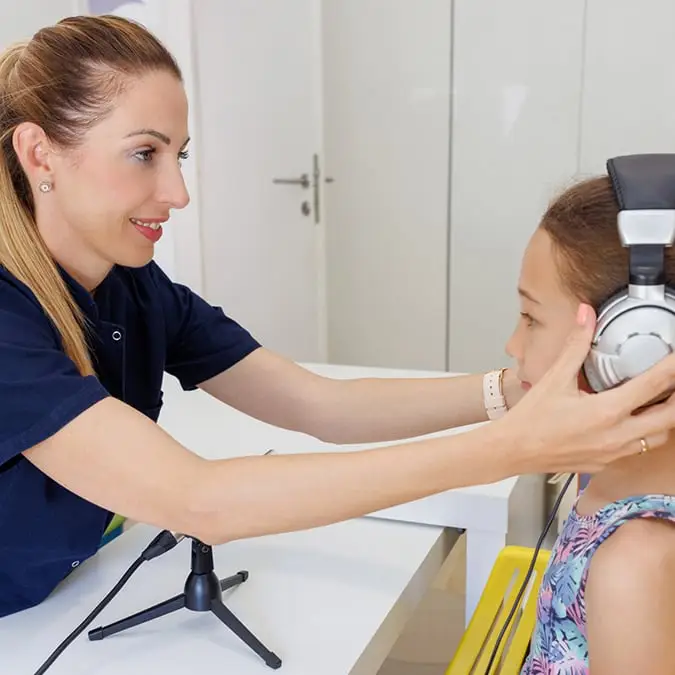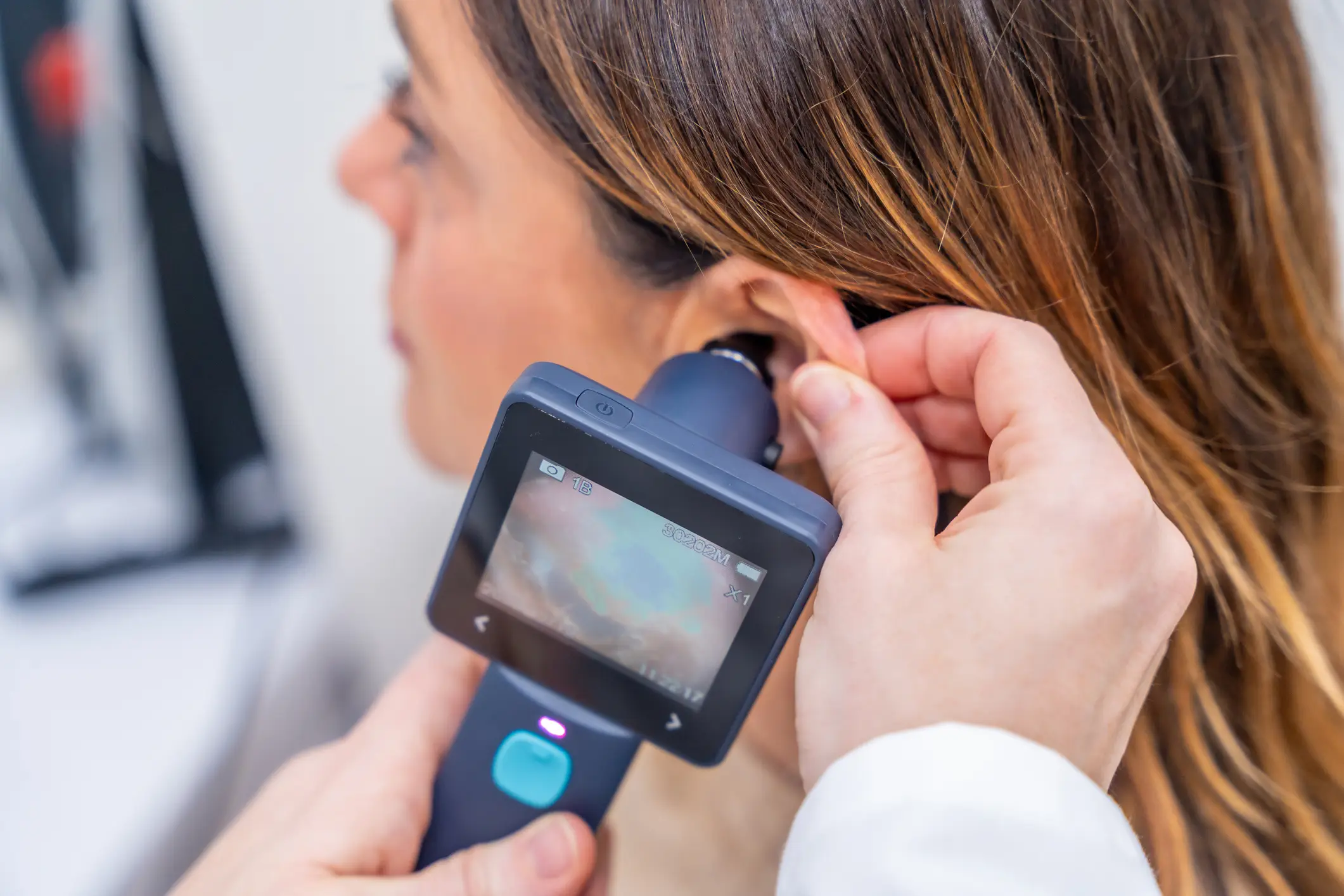
Doctors have issued a warning over noise-canceling headphones as they have been linked to rise in a brain condition.
Noise-canceling headphones are a lifesaver on the busy commute to work or going out on a run, but there may be some downsides to the tech.
According to medics in the UK, the headphones could actually be damaging your brain.

Advert
Five NHS audiology departments revealed to the BBC that there has been an increase in young people with hearing problems.
And further research into it has shown that the issue is actually being caused by a brain condition.
The condition is called auditory processing disorder (APD), and it is a neurological disorder that damages a person’s ability to process sounds.
While it’s likely that a person with APD will pass a hearing test, they could have difficulty figuring out more specific elements of sound or understand what someone is saying in a noisy room.
Speaking to Additude, neurologist Martin Kutscher, MD, said: “The brain processes these electrical impulses into sounds, then into words, and then into meaningful sentences and ideas.
“Most of us do it effortlessly. Some adults have problems in converting these electrical neuronal impulses into meaning. We call these problems central auditory processing disorders.”
While APD usually starts in childhood, there has been a rise in young people being diagnosed in recent years.
Claire Benton, who is the vice president of the British Academy of Audiology, said: “You have almost created this false environment by wearing those headphones of only listening to what you want to listen to. You are not having to work at it.”

Speaking to Quartz, David McAlpine, who is the academic director of Macquarie University Hearing, added: “If you have a listening loss, it’s like changing your brain’s encryption.
“Even if you can change what you’re hearing, you may not get back to the brain state that you had before. It’s not reversible.
“I do think that we’ve let the big tech companies co-opt our listening habits, monetize it, and sell it back to us.
“Their solution to the hearing problem is probably creating a listening problem.”
Benton went on to say: “Those more complex, high-level listening skills in your brain only really finish developing toward your late teens.
“So, if you have only been wearing noise-canceling headphones and been in this false world for your late teens, then you are slightly delaying your ability to process speech and noise.”